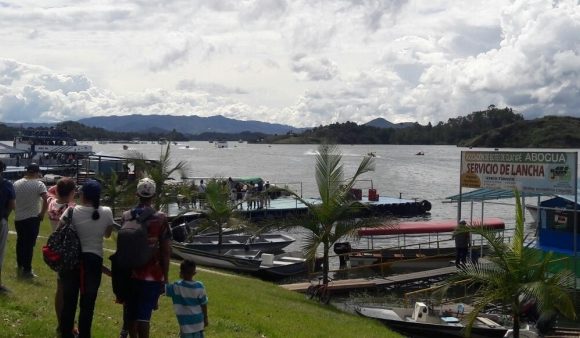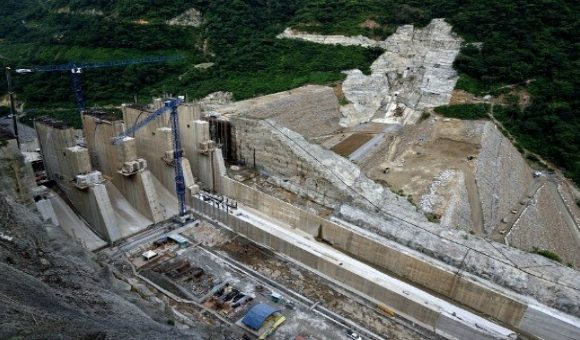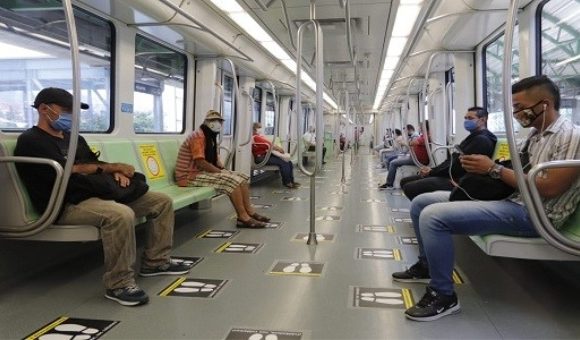New ‘Branding’ Studies Analyze Medellin’s Global Image

A joint study by researchers at the University of Medellin and Spain-based Urbegi University examines how Medellin can tap qualitative and quantitative analytical methods to measure its global “brand” image.
On a parallel front, U-Medellin and international collaborators have just launched a separate, related study on “Brand Medellin” (“Marca Medellin”), aiming to measure the economic impact of the city’s improved image.
The researchers aim to release initial results of this new study by mid-2016, U-Medellin economics professor Alex Collazos told Medellin Herald.
Meanwhile, Collazos and Spanish colleagues have just published an Analysis of City Branding and Brand Image through Online Media and Social Media: Case Medellin (Colombia), in the journal Espacios.
According to the authors, “city branding” helps “promote the creation and construction of one or more brands to differentiate themselves, show their especially good attributes and build positive images to encourage the migration of new customers and business.
“But to create positive images of city and create an atmosphere of trust, it is essential for investors to understand the behavior and perceptions of users.
“Hence cities and their leaders should pay special attention to the positive or negative images on the web, identify the different sources of virtual information, recognize that information circulates on [social media] networks, and in the case of finding negative associations of the city, the government must take action on that because a deteriorated image of a city can affect the choice of a destination,” the researchers found.
“When quantifying the branding of the city of Medellin, [our findings are] part of a database collected during the period between August and November 2014, then extracted and disaggregated [using] mentions in online media and social networks.
“In terms of ‘city branding,’ speaking of the ‘Medellin brand,’ it is common to have embedded in the collective imagination a city associated with violence and drug trafficking.
“But the truth is that the second largest city of Colombia has been betting for years upon a modern strategy of ‘cultural branding.’
“Therefore, if [Medellin] is to attract tourists, talent and investment, the brand images that both inhabitants and outsiders should have is that of a friendly, cosmopolitan city and, therefore, the negative sentiment that has been associated with Medellin for many years should be minimized.”
Ironically, while Medellin’s citizens frequently cite the city’s mostly positive transformation over the last 20 years, many internet web-sites continue “promoting” Medellin by associating it with the gang wars, violence and drug-trafficking that typified the Pablo Escobar era, the study notes.
















